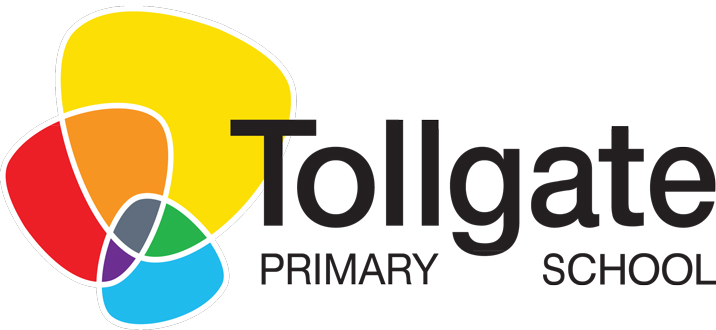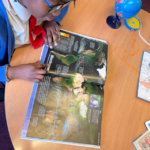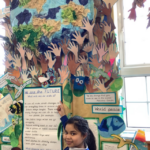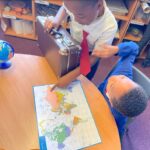Geography education should inspire in pupils a curiosity and fascination about the world and its people. It should equip pupils with knowledge about diverse places, people, resources and natural and human environments, together with a deep understanding of the Earth’s key physical and human processes.
We use a variety of teaching and learning styles in order to develop children’s knowledge, skills and understanding. The Geography programme of study is delivered through the schools foundation curriculum; whereby our pupils access all areas of the Geography National Curriculum through themed topics of study.
At Tollgate Primary School, we also understand the value of extended learning through educational trips, visits and experts visiting our school.
Aims
- To ensure that all pupils develop contextual knowledge of the location of globally significant places – both terrestrial and marine – including their defining physical and human characteristics and how these provide a geographical context for understanding the actions of processes.
- To ensure that all pupils understand the processes that give rise to key physical and human geographical features of the world, how these are interdependent and how they bring about spatial variation and change over time.
- To retain key geographical knowledge in the long term memory such as naming continents, oceans, capital cities and seas.
- To ensure that all pupils are competent in the geographical skills needed to:
- Collect, analyse and communicate with a range of data gathered through experiences of fieldwork that deepen their understanding of geographical processes;
- Interpret a range of sources of geographical information, including maps, diagrams, globes, aerial photographs and Geographical Information Systems (GIS);
- Communicate geographical information in a variety of ways, including through maps, numerical and quantitative skills and writing at length.




